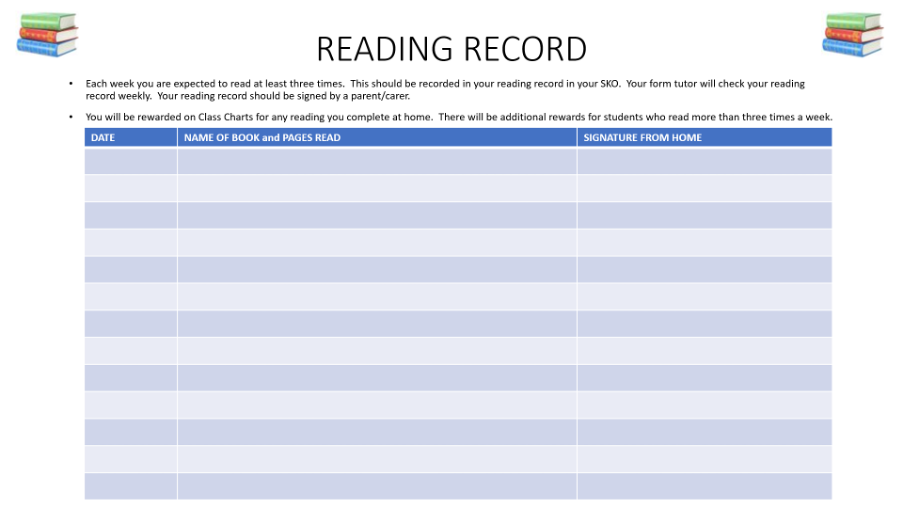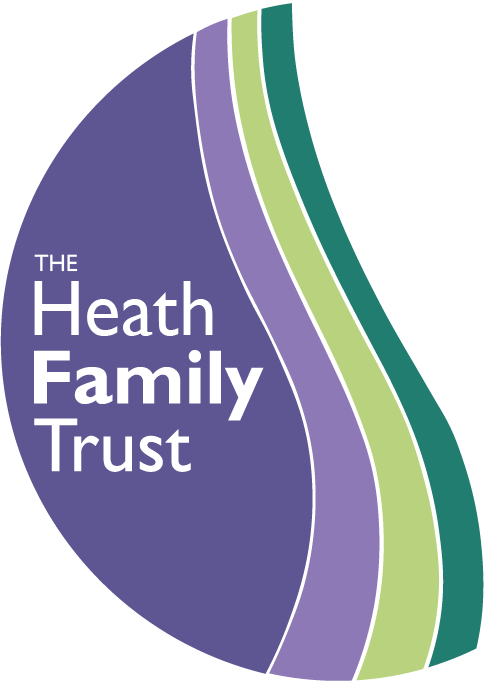The importance of reading
The importance of reading should not be underestimated. The ability to read and understand a text underpins effective communication at all levels. It is a crucial skill that impacts on all elements of a person's life and learning.
At The Prescot School, all pupils will have thirty minutes of guided reading time each week, within their form classes. The reading material is varied, engaging and appropriately challenging for each year group.
Within the home the expectation is that all students should read for a minimum of twenty minutes daily. The more a student reads, the more confident and competent they will become.
This can be done in one block, or broken up into chunks throughout the day. It can be a bedtime novel, a news article, a magazine, non-fiction. It all counts!
Support and Guidance with reading at home:
Reading enhances your child’s critical thinking and inference skills. When you read a book you make predictions about the characters and what is going to happen next. This challenges your child’s brain to think about other possibilities based on their knowledge and understanding of the story so far.
Recounting key events and remembering what has happened previously in a book boosts your child’s memory skills.
Benefits to reading at home with your child:
- Reading at home with your child will help to close the gap between their chronological age and their reading age. For example, if your child is 12 years old having a reading age of 12 years+ will ensure they can confidently access and engage with age-appropriate reading materials.
- In a modern world, where life is fast paced and so very busy- reading is a great opportunity to switch off from typical, everyday life and bond with your child.
- Engaging in exciting dialogue about characters and key events.
- Reading is a great way to discover and make sense of the world around us. Children get exposed to ideas and beliefs from different cultures and countries. It opens their minds to realities other than their own.
- Reading at home prepares your child for further education at KS5 and life beyond the classroom in a workplace setting.
|
|
||
|
|
|
|
|
|
|
|
|
|
|
|
|
|
|
|
|
|
|
|
|
|
|
|
|
|
|
|
|
|
|
|
|
|
|
|
|
|
|
|
- Your child has a Reading Record page within their SKOs where they should record any ‘reading for pleasure’ that they complete outside their usual lessons. This could be a book, a news article, a magazine, a poem…anything that holds their interest.
An example of the Reading Record:


 Questions to ask your child when reading:
Questions to ask your child when reading: 